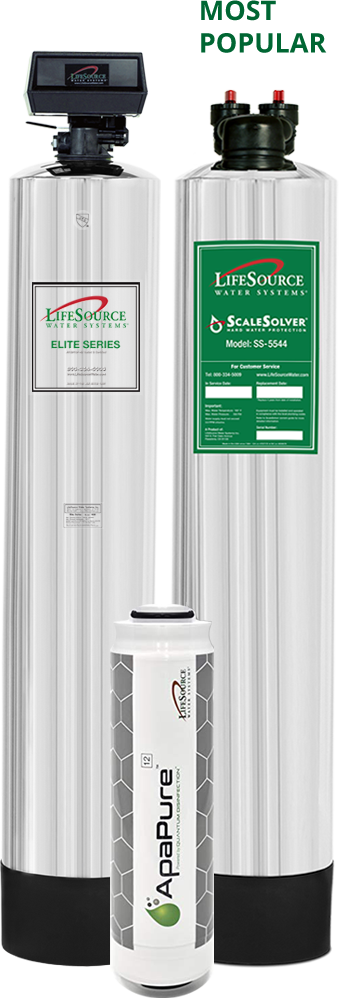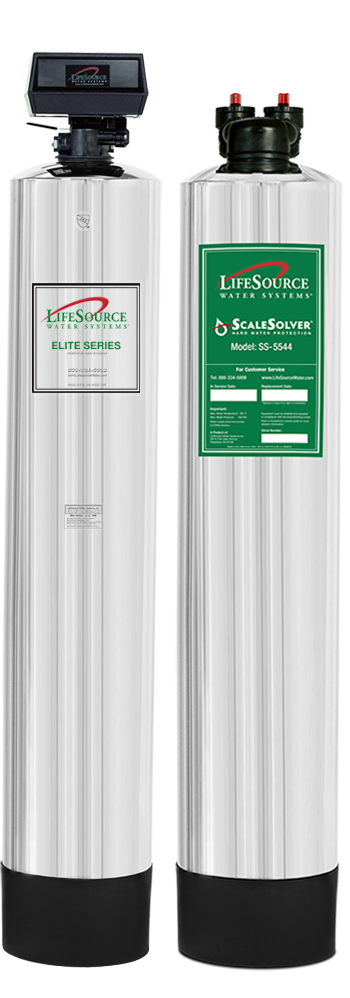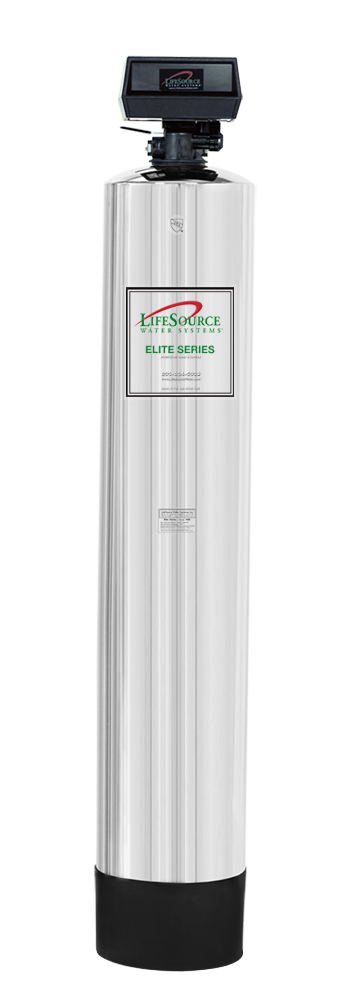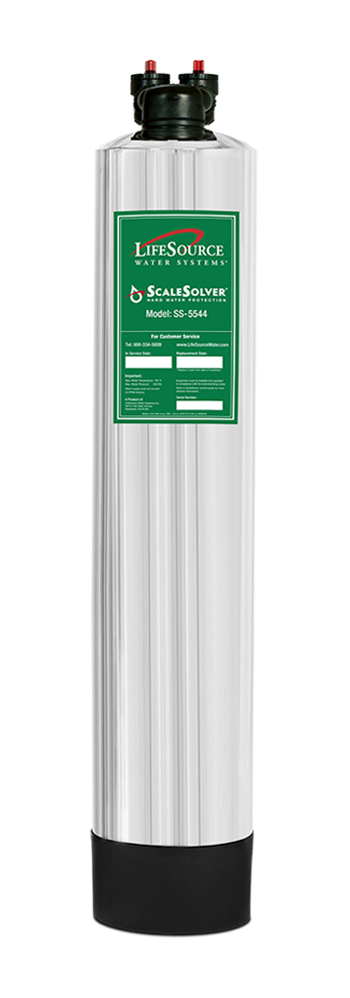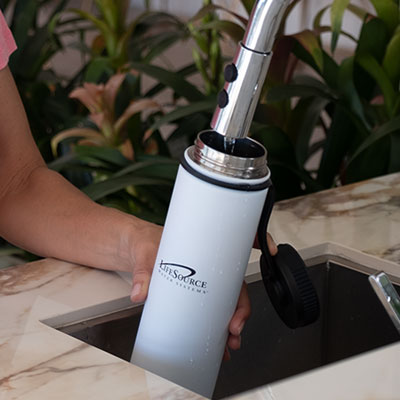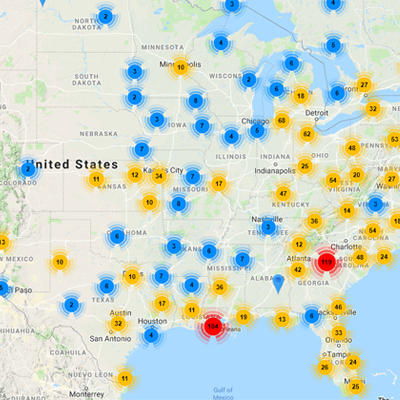
School Children Exposed to Dangerous Drinking Water
Toxic Chemicals in California School Drinking Fountains
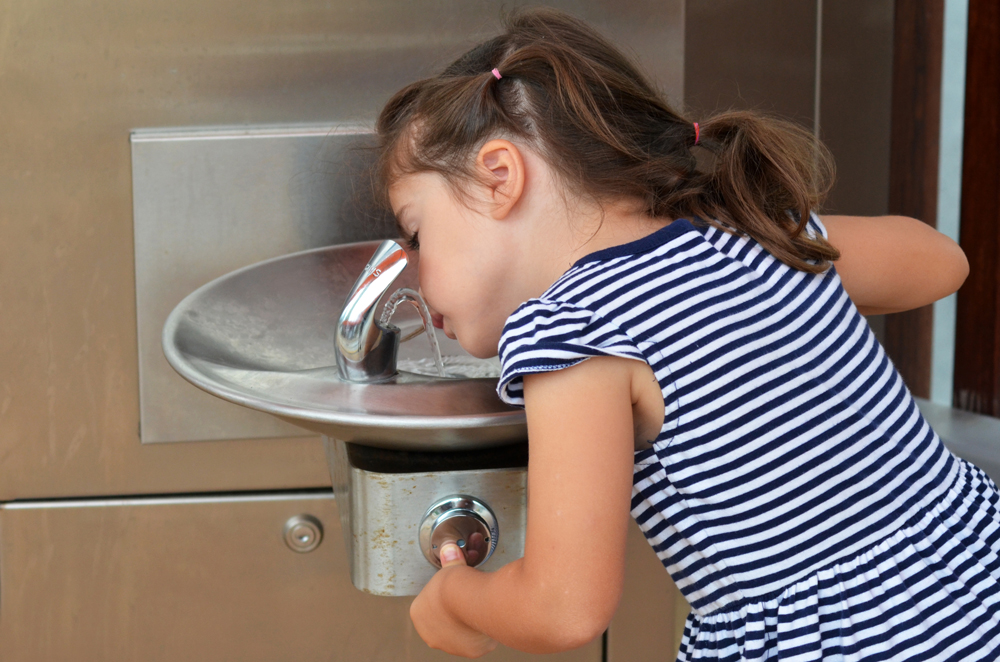
This week, state lawmakers are considering Assembly Bill 746, a bill that would require schools to test for lead in drinking water fountains for the first time. The bill was inspired by the lead crisis in Flint, Mich.
If the water has too much lead, or is unsafe, schools would be required to shut down their water fountains and water systems. They would also be required to notify parents so that parents can have their children examined by pediatricians.
According to the U.S. Environmental Protection Agency, even small doses of ingested lead can lead to anemia, hearing problems, learning issues and slow growth rates.
Currently, testing is completely voluntary and optional for schools. There are costs for schools to replace their water systems. Most schools opt to replace them with commercial water filtration systems. The costs are minimal, however, compared to the children’s health and wellbeing.
Lead is measured by parts per billion in water (ppb). If passed, the new bill will allow up to 15 ppb in schools. This is also the standard for tap water. Lawmakers would eventually like to make the threshold 5 ppb, which is what is allowed in bottled water. The American Academy of Pediatrics calls for 1 ppb in school water systems.
In the San Joaquin Valley, the cities of Avenale and Kettleman City, Calif. have been heavily affected. Over 2,700 students have been exposed to unsafe drinking water. Some schools in the area have exceeded arsenic levels by as much as three times as regulation allows. Arsenic isn’t the only contaminate. High levels of pesticides, nitrates bacteria and even uranium have been known to contaminate ground water in the area.
In the city of Avenale, Caif. , the school exceeded the safety levels for arsenic. The issue is the high levels of trihalomethanes, a disinfectant byproduct that forms when chlorine that is used to treat the water reacts with organic matter. These contaminants are known as a carcinogenic, which means exposure can lead to a higher risk of developing cancer later in life.
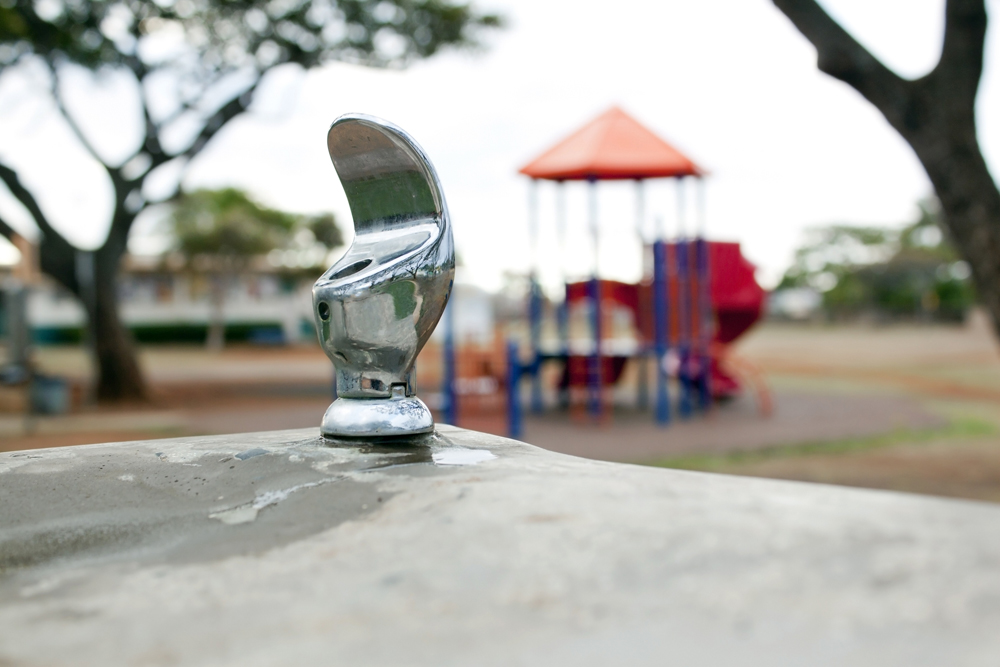

A report published by the Community Water Center and the Environmental Justice Coalition for Water assessed the threat that schools face from contaminated water. Bacterial and arsenic violations were the most common types of violations impacting schools, followed by the pesticide DBCP, disinfectant byproducts and nitrates. Some have had recurring problems for more than a decade.
Schools in these areas are doing their best to educate students are what contaminates are in the tap water. They are also getting water filters installed in the schools for students. The awareness and education are having an impact. In the schools that have installed filters in the community of Arvin, a disadvantaged community of 20,000 that sits at the southern end of Kern County, they have seen water consumption increase. They have also seen physical fitness increase, since children are consuming more water and less sugary beverages.

